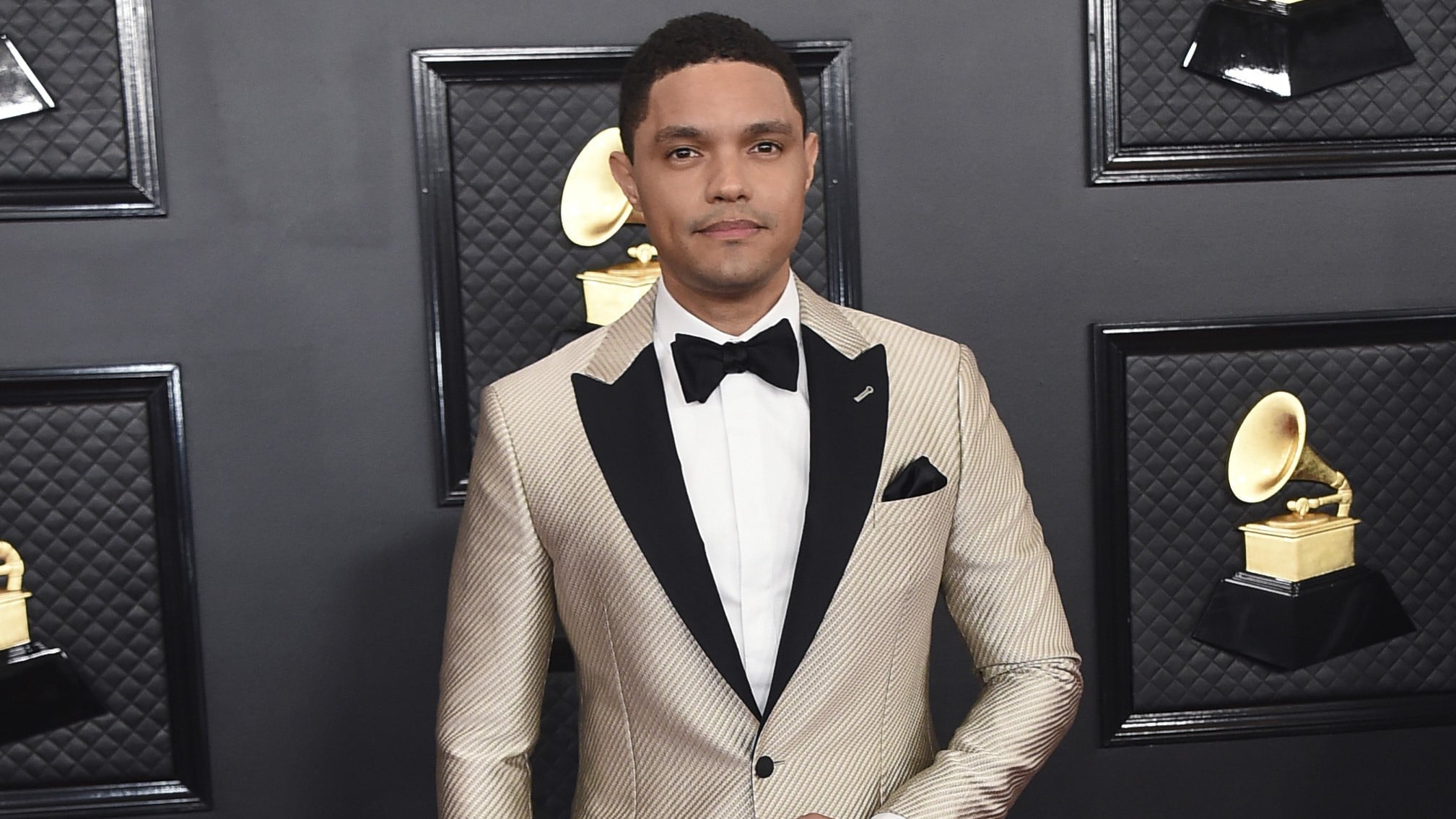Tenors Lawrence Brownlee and Michael Spyres Discuss Their New Album ‘Friends and Rivals’

Amici e Rivali – ‘Friends and Rivals’ – is out now.
Shervin Lainez
Two devotees and masters of the unmistakable, spectacularly ornate bel canto tradition of Italian opera singing, Michael Spyres and Lawrence Brownlee, recently united – or rather, sparred, you might say – on a new album of Rossini opera selections. Amici E Rivali, or “Friends and Rivals” in English, spotlights the “dueling tenors” dynamic which distinguishes bel canto opera. Spyres’ and Brownlee’s virtuosic voices complement one another even while dancing in a competitive one-upmanship throughout the recordings.
“City Lights” host Lois Reitzes spoke with tenors Brownlee and Spyres over Zoom to discuss the new record, its adventurous concept, and the singers’ personal stories from a life in opera.
Interview Highlights:
On bel canto and Rossini:
“I don’t think that I would have a career without bel canto to be totally honest,” Spyres said. “And more specifically, Rossini is the driving factor and has been for my entire career for the last 20 years. All of my major debuts in major houses around the world and La Scala and Covent Garden have all been with Rossini pieces. And bel canto was really the way in which I was able to learn how to sing as a tenor, and how to become a much better musician and artist.”
“You know, it’s interesting: When people think about bel canto, of course, everybody knows that it translates as ‘beautiful singing.’ But more than anything, I think, as Michael was alluding to, it shows off the bells and whistles of a voice – what a voice is capable of doing. I think the most important quality of that is expressivity,” Brownlee said.
On race and representation in opera:
“I’ve actually had a contract to [play Roderigo in Otello] before. But a stage director said that it didn’t work because I was a black man, and I needed to be a European Caucasian person of European Caucasian descent to be able to sing the role of Roderigo,” said Brownlee. “I think that we, as African American singers, we just want equity. We want not to be forbidden from singing certain things. … The voice is the thing that should lead. … How many people really look like a 15- or 16-year-old Asian woman singing Madama Butterfly? Few do, but it’s acceptable for them because it should be the voice that decides.”








